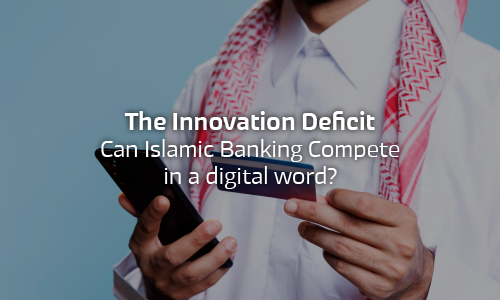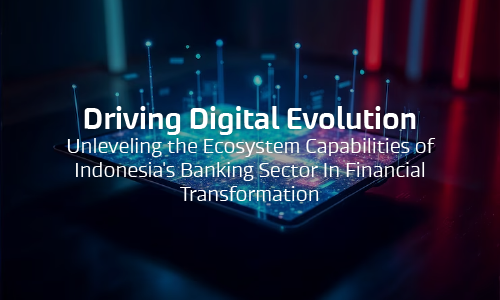
Summary: Islamic banking is widely recognized as a faith-based financial system offering ethical, interest-free services aligned with Sharia principles. However, in competitive financial markets like Indonesia, home to the world’s largest Muslim population, Islamic banks have not achieved their expected market penetration or innovation leadership. This article explores the comparative innovation landscape between Islamic and conventional banking through an empirical study conducted in Bandung, Indonesia. Using a sample of 200 dual-bank customers and employing paired sample t-tests, the analysis reveals that while product and process innovations in Islamic banks are on par with conventional banks, significant gaps exist in organizational and technological innovation. Key areas of concern include outdated IT systems, bureaucratic inefficiencies, and weak external partnerships. The article concludes by urging Islamic banks to adopt a dual advantage model that integrates Sharia compliance with cutting-edge innovation. Strategic recommendations are provided for regulators, bank leaders, and consumers to help Islamic banks transform from ethical alternatives into mainstream, innovation-driven institutions.
Introduction: The Islamic Finance Promise in a Competitive Market
In an era where financial services are undergoing rapid transformation through technology, regulation, and consumer expectations, Islamic banking stands at a critical juncture. With its ethical and risk-sharing principles rooted in Sharia law, Islamic finance presents itself as a humane alternative to interest-based conventional systems. In countries like Indonesia, where the Muslim population is the largest in the world, Islamic banking is not just a financial option, it is a socio-cultural imperative. However, despite its philosophical appeal, Islamic banking still lags behind its conventional counterpart in terms of innovation and market share.
This article dives deep into the innovation dynamics between Islamic and conventional banking, using Bandung, Indonesia, as a case study. It draws from empirical findings on customer perceptions, benchmarking organizational, product, process, and marketing innovations across both banking systems. The key takeaway is stark: while Islamic banks meet basic compliance and ethics benchmarks, they must drastically accelerate their innovation capabilities to stay relevant and competitive in an evolving financial landscape.
The Innovation Paradox: Potential vs. Performance
The existence of Islamic banking in Indonesia was once hailed as a transformative innovation, providing financial services free from interest (riba) and grounded in…












